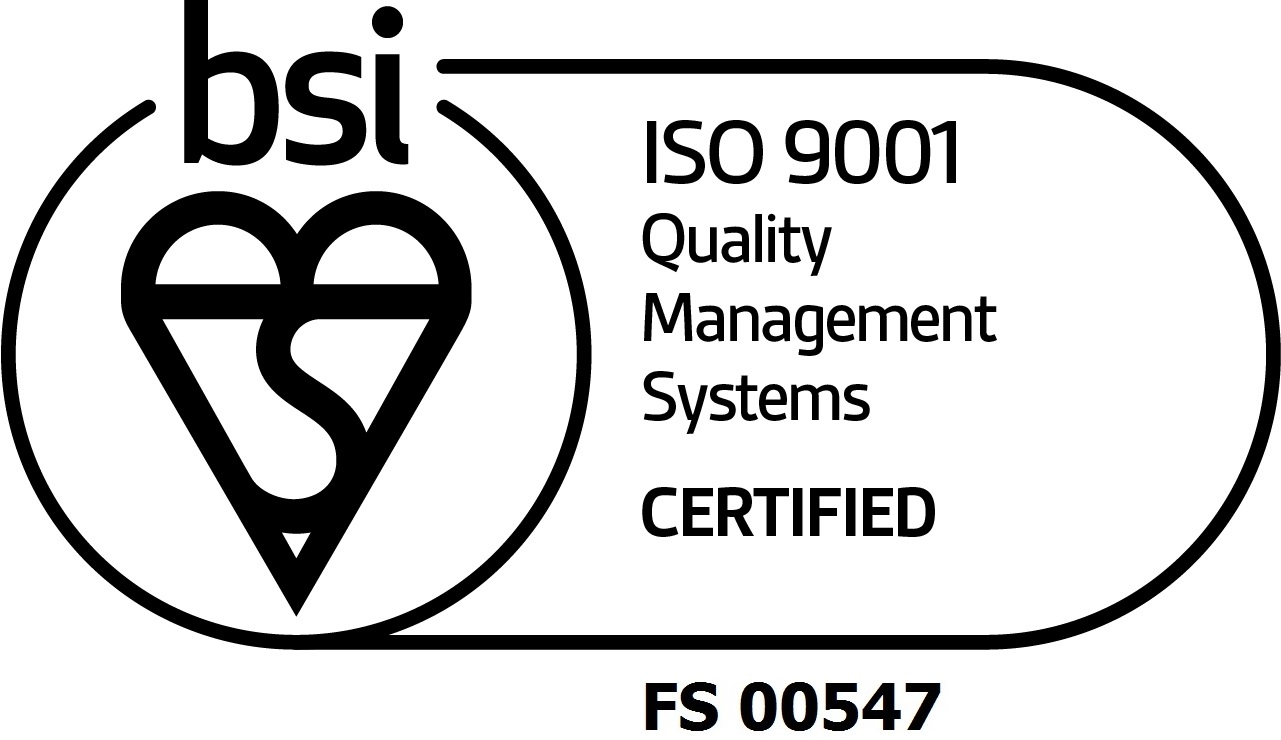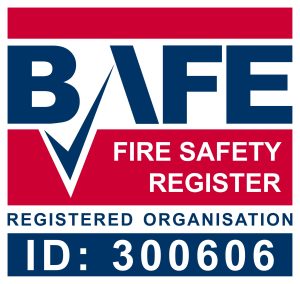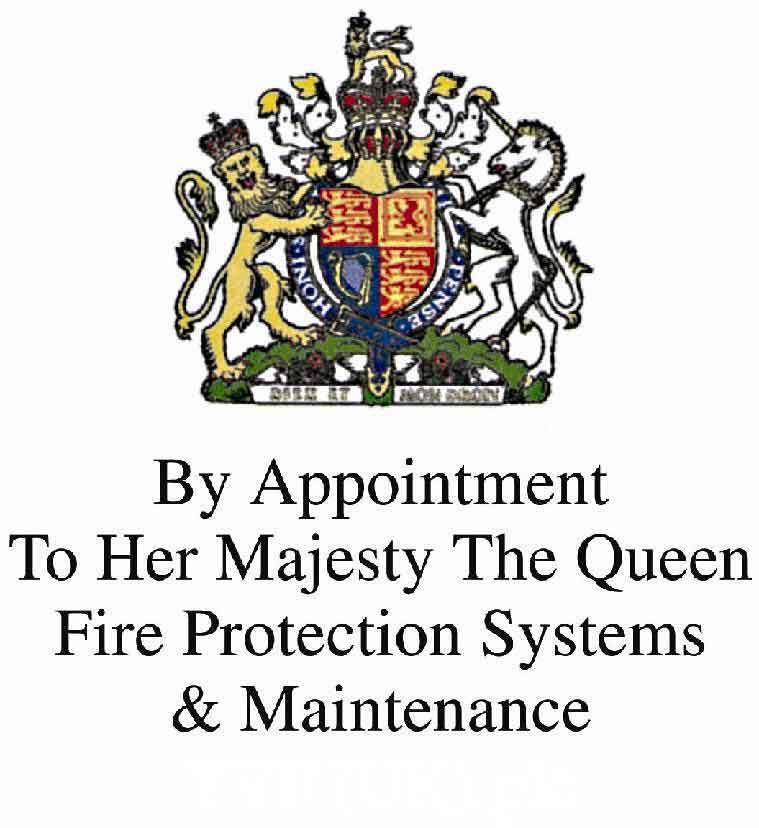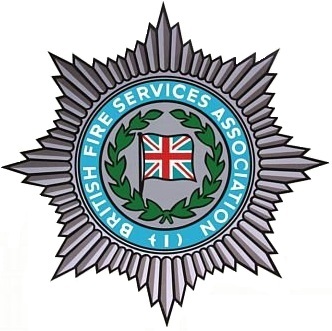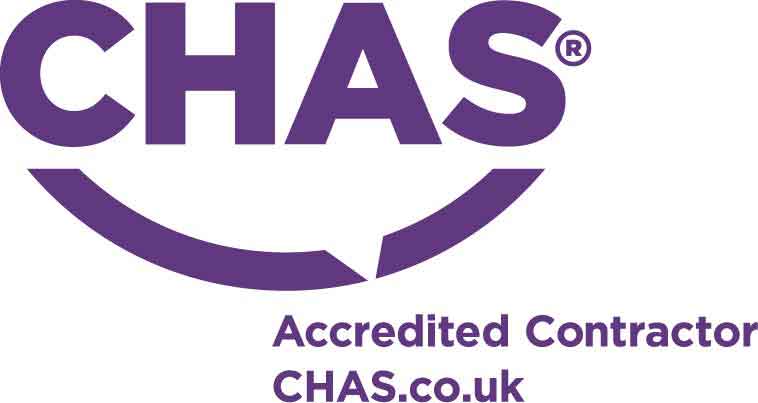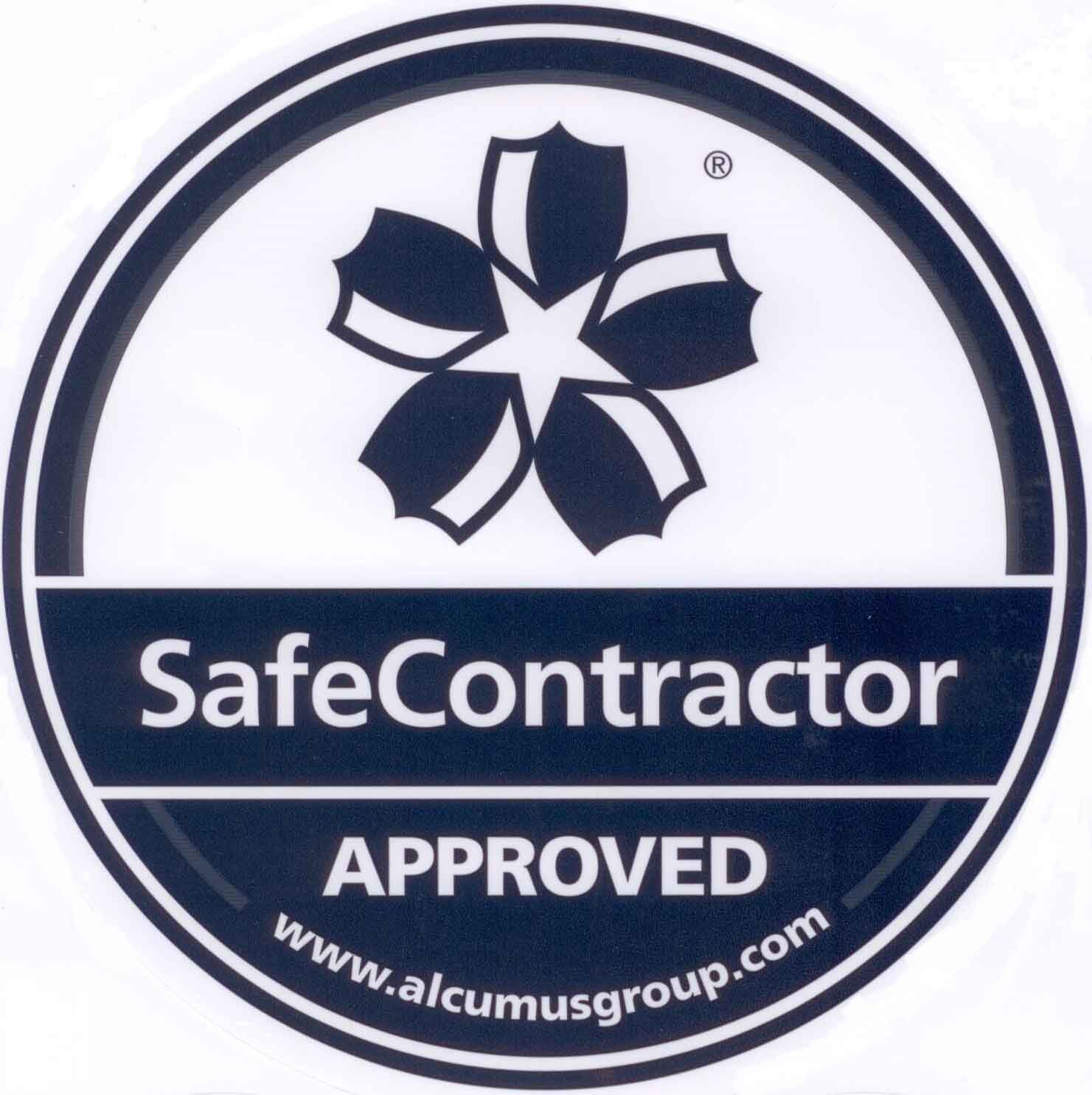Choosing the right type of fire extinguisher for your workplace is a critical element of your fire safety strategy. They can make all the difference in an emergency, and with various types of fire extinguishers available for different fire classes, it’s imperative to understand these and choose the right one for your specific workplace environment.
In this guide, we’ll provide you with all the information you need to know to be able to make an informed decision on choosing the right fire extinguisher for your business, which will help keep your workplace and employees safe and prepared for any potential fire hazards.
What are the different types of fire classes?
Before selecting a fire extinguisher, it’s essential to identify the specific fire hazards in your workspace, as these hazards will depend on the type of materials present and the activities taking place.
For example, an office environment may contain flammable solids like paper and cardboard, while a workshop may have flammable liquids present like solvents and oils. Determining these risks is the foundation for choosing the right type of fire extinguisher.
There are several different types of fire classifications with each being categorised by a particular fuel source:
- Class A fires – these involve combustible materials such as wood, paper, cloth, and plastics.
- Class B fires – these involve flammable liquids such as petrol, diesel, and paint.
- Class C fires – these involve flammable gases like butane, propane, and methane.
- Class D fires – these are a rarer type of fire that involves combustible metals like lithium and potassium.
- Class F fires – these involve cooking oils and fats.
There are also electrical fires to be aware of and these are caused by electrical equipment such as faulty wires, fraying cables, and broken electrical equipment or appliances. They’re not given their own class as they can fall under other fire classifications.
What are the different types of fire extinguishers?
Now that you have a better understanding of the different types of fire classifications, let’s take a look at the different types of fire extinguishers. There are five different types of fire extinguishers and choosing the right type for the right fire class is crucial.
- Water extinguishers (red label) – these are suitable for Class A fires as they cool down burning materials.
- Foam extinguishers (cream label) – these work on Class A and B fires as they create a barrier between fuel and oxygen.
- CO2 extinguishers (black label) – these are ideal for Class B and electrical fires as they essentially suffocate the fire.
- Dry powder extinguishers (blue label) – these are versatile and work on Class A, B and C fires by interrupting the chemical reaction of a fire.
- Wet chemical extinguishers (yellow label) – these are designed specifically for Class F fires as they cool down and extinguish burning oil and fat fires.
Understanding the different fire classifications and the extinguishers available to tackle these fires is key to choosing the right type for your specific workplace.
Key factors to consider when choosing a fire extinguisher
While matching extinguisher types to fire classes is a key factor, other factors also need to be considered when deciding on which fire extinguishers in the workplace you need. For example, you should consider the size and accessibility of the extinguisher. A larger extinguisher may be needed for a bigger fire risk, and it should also be conveniently located for immediate access.
Another key factor, and one we’ve mentioned previously, is conducting a thorough fire risk assessment, which is non-negotiable as this identifies and evaluates potential fire risks that are specific to your workplace environment and your building. It will also identify potential sources of ignition, which will allow you to classify the type of fire risk for each source. The risk assessment helps determine not only the type of extinguisher you need, but also the quantity needed for adequate coverage.
Your chosen extinguisher should also be manageable for employees to use effectively. It’s a legal requirement to provide fire safety training to employees and this must include training on how to use fire fighting equipment like fire extinguishers. This ensures a smooth and effective response in the event of a fire occurring.
What are fire extinguisher regulations in the workplace?
In Scotland, adhering to fire safety regulations is not just good practice; it’s a legal obligation. Businesses have a legal obligation under Fire (Scotland) Act 2005 to have adequate fire safety measures in place, and this includes having the right type and number of fire extinguishers.
The regulations mandates that businesses conduct a thorough fire risk assessment to determine these requirements and your chosen fire extinguisher should comply with British Standards for added assurance.
This legislation also emphasises the responsibility of the ‘responsible person,’ usually the business owner or manager, for ensuring the safety of everyone on the premises. This includes providing adequate fire safety training and ensuring that all equipment, including fire extinguishers, is well-maintained and fit for purpose.
Non-compliance with these regulations can lead to serious consequences, including hefty fines, legal action, and even closure of the business in cases of serious neglect.
Need help choosing your fire extinguisher?
When it comes to choosing the right type of fire extinguisher for your business, there are numerous factors to consider such as matching fire types with the right extinguishers and considering your own specific workplace risks. Combining these factors with a thorough fire risk assessment will provide you with all the knowledge you need to make an informed decision.
At Asco Fire Group, we provide fire risk assessments to countless businesses across Scotland including Edinburugh, Duns, Forfar, Aberdeen, Glasgow, West Lothian and beyond that can help you choose the correct type of fire extinguisher for your workplace. Our BAFE-accredited experts can provide you with professional advice on fire extinguishers to also help you with your decision.
If you’d like to learn more about how we can help your business, don’t hesitate to get in touch with our friendly team today.
Fire extinguisher FAQs
Can I use one fire extinguisher for all types of fires?
No, different types of fires require specific types of extinguishers. Using the wrong type of extinguisher can be ineffective or even worsen the situation. Always choose an extinguisher designed for the specific class of fire you anticipate encountering.
How often should fire extinguishers be inspected?
Fire extinguishers should be inspected annually by qualified fire safety professionals, like Asco. This ensures they are fully charged, in good working order, and compliant with fire safety standards.
What is the lifespan of a fire extinguisher?
On average, most fire extinguishers typically last between 5 to 15 years. It’s important to check the manufacturer’s guidelines for more information on your specific extinguisher. To ensure your fire extinguisher remains in top-working order, you should also have your extinguisher inspected regularly by a competent person.



